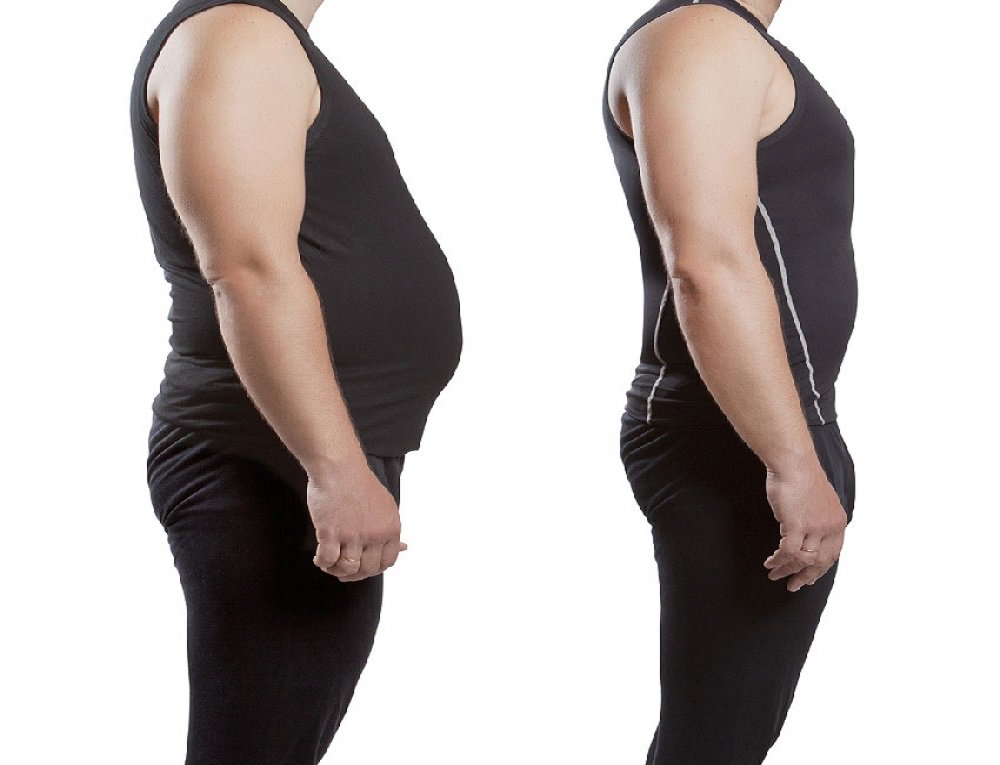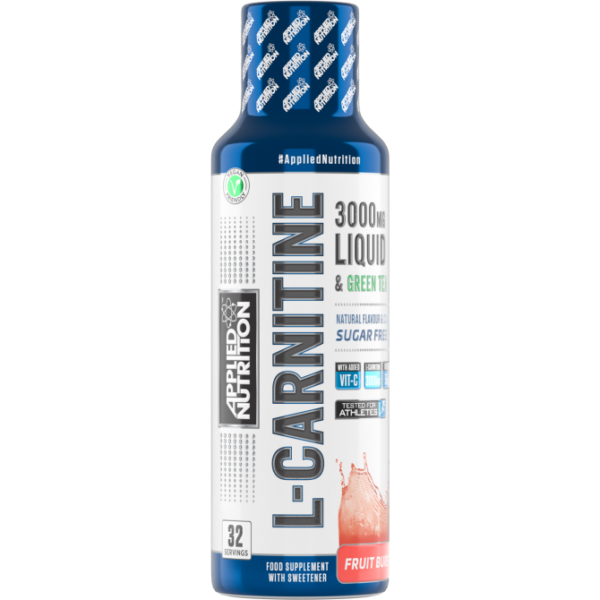For anyone serious about building muscle, making the right lifestyle choices is crucial. One common yet overlooked factor that can sabotage your progress is alcohol consumption. While the occasional drink might seem harmless, regular alcohol intake can significantly hinder muscle growth and overall fitness. Understanding the impact of alcohol on your body is essential if you want to maximize your gains and achieve your muscle-building goals.
The Impact of Alcohol on Muscle Growth
Muscle building requires a combination of rigorous training, proper nutrition, and sufficient recovery. Alcohol interferes with all three of these pillars, making it more challenging to achieve your desired results. When you drink alcohol, it affects everything from protein synthesis to hormone levels, which are essential for muscle growth.
Key Ways Alcohol Affects Muscle Building:
- Decreased Protein Synthesis: Alcohol impairs the body’s ability to synthesize protein, which is critical for muscle repair and growth.
- Lower Testosterone Levels: Alcohol consumption can reduce testosterone production, a hormone essential for building muscle mass.
- Increased Fat Storage: Drinking alcohol leads to excess calories that are often stored as fat, making it harder to achieve a lean physique.
- Slower Recovery: Alcohol dehydrates your body and delays muscle recovery, reducing the effectiveness of your workouts.
Alcohol and Protein Synthesis
Protein synthesis is the process by which your body repairs muscle fibers after exercise, leading to muscle growth. Alcohol disrupts this process, slowing down recovery and diminishing your gains. After consuming alcohol, your body prioritizes metabolizing it over other important functions, such as muscle repair. This means that the harder you work in the gym, the more alcohol will diminish your results.
How Alcohol Slows Protein Synthesis:
- Toxic Effects on Cells: Alcohol interferes with the cells responsible for building muscle, reducing their ability to repair and grow.
- Nutrient Absorption: Alcohol impairs the absorption of key nutrients like amino acids, which are crucial for muscle recovery.
The Hormonal Impact of Alcohol
Hormones play a vital role in muscle building, and alcohol has a profound effect on them. Testosterone, one of the most important hormones for muscle growth, decreases with regular alcohol consumption. At the same time, alcohol increases levels of cortisol, a stress hormone that promotes muscle breakdown.
Alcohol’s Effects on Hormones:
- Lowered Testosterone: Even moderate drinking can result in a significant reduction in testosterone, leading to slower muscle gains.
- Increased Cortisol: High levels of cortisol lead to muscle breakdown, making it more difficult to build and maintain muscle mass.
Alcohol and Fat Storage
Alcohol is calorie-dense, providing 7 calories per gram, which can quickly add up. Unlike calories from food, calories from alcohol are typically stored as fat because the body prioritizes processing alcohol over burning fat. This leads to unwanted fat gain, making it harder to achieve a lean, muscular appearance.
How Alcohol Contributes to Fat Gain:
- Empty Calories: Alcohol provides no nutritional value, but its calories can contribute to fat accumulation, particularly around the abdomen.
- Disrupted Metabolism: When you consume alcohol, your body’s ability to burn fat is slowed, as the liver focuses on metabolizing the alcohol first.
Dehydration and Muscle Recovery
One of the most immediate effects of alcohol is dehydration. Alcohol is a diuretic, meaning it causes the body to lose water at a faster rate than normal. This dehydration can hinder your muscle recovery, making it more difficult to bounce back after intense training sessions.
Effects of Dehydration on Muscle Building:
- Reduced Performance: Dehydration can cause muscle cramps and fatigue, reducing your ability to perform well in the gym.
- Delayed Recovery: Without proper hydration, your muscles take longer to recover, which can lead to overtraining and injury.
Alcohol and Sleep: The Recovery Killer
Quality sleep is essential for muscle recovery and growth. Alcohol disrupts sleep patterns, reducing the quality of rest and recovery your body gets. After a night of drinking, you may feel tired and sluggish, which can negatively impact your performance in the gym the following day.
How Alcohol Affects Sleep and Recovery:
- Poor Sleep Quality: Alcohol interferes with REM sleep, the most restorative phase of the sleep cycle, leading to incomplete recovery.
- Less Muscle Repair: Since muscle repair happens primarily during sleep, poor sleep due to alcohol results in slower recovery and less muscle growth.
Quitting or Reducing Alcohol for Better Muscle Gains
For those serious about building muscle, cutting down or eliminating alcohol is one of the best decisions you can make. Not only will you improve your muscle-building potential, but you’ll also enhance your overall health and performance. By reducing alcohol intake, you allow your body to recover more effectively, absorb nutrients better, and create an optimal hormonal environment for muscle growth.
Benefits of Reducing Alcohol:
- Improved Muscle Growth: Without alcohol slowing down protein synthesis, your muscles will recover and grow faster.
- Increased Testosterone: Cutting back on alcohol can help restore normal testosterone levels, making it easier to build muscle.
- Better Sleep and Recovery: By reducing alcohol consumption, you’ll sleep better, allowing your muscles to repair and grow more effectively.
Final Thoughts:
Alcohol might seem harmless in moderation, but when it comes to building muscle, it can significantly slow your progress. From reduced protein synthesis to hormonal imbalances and increased fat storage, alcohol undermines your hard work in the gym. To maximize your muscle-building potential, consider cutting back on alcohol and focusing on nutrition, hydration, and recovery.
Break free from the negative effects of alcohol and unlock your full muscle-building potential. Your gains will thank you!
Keywords: Alcohol and muscle growth, protein synthesis, testosterone levels, fat storage, dehydration, sleep and recovery, bodybuilding, muscle recovery.



